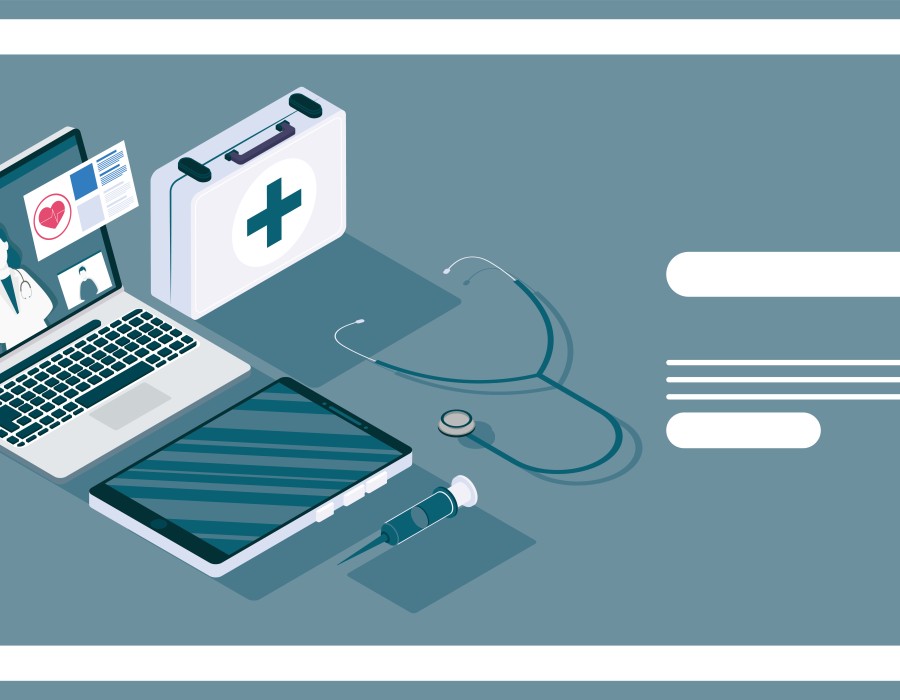Medical coding, often seen as a technical necessity in healthcare administration, plays a pivotal role in elevating healthcare standards across various dimensions. From ensuring precise financial transactions to contributing to improved patient care and safety, the impact of medical coding resonates throughout the healthcare industry.
1. Accuracy in Billing and Reimbursements
Accurate medical coding is the linchpin in the billing process, ensuring that healthcare practitioners receive fair reimbursements for their services. This precision not only aids in financial optimization but also establishes a foundation for transparent and ethical financial transactions within the healthcare ecosystem.
2. Enhancing Patient Care
Beyond financial implications, medical coding directly influences patient care. By providing a standardized system to document diagnoses and procedures, coding contributes to the clarity and accuracy of patient records. This, in turn, leads to better-informed healthcare decisions, personalized treatment plans, and ultimately an elevated standard of patient care.
3. Safeguarding Regulatory Compliance
In an era of ever-evolving healthcare regulations, proper medical coding becomes a shield against legal risks. Compliance with coding standards ensures that healthcare providers adhere to industry regulations, fostering trust and accountability. This adherence to compliance not only meets legal requirements but also sets a benchmark for ethical and responsible healthcare practices.
4. Insights for Decision-Making
Benefits of Medical coding transforms raw healthcare data into actionable insights. By categorizing and organizing information, coding allows healthcare administrators and professionals to analyze trends, track outcomes, and make informed decisions. This data-driven approach is instrumental in refining healthcare strategies and elevating the overall standards of healthcare delivery.
5. Contribution to Research and Public Health Reporting
The coded data not only benefits individual patient care but also contributes to broader healthcare initiatives. Researchers leverage coded information to identify patterns, track disease prevalence, and conduct epidemiological studies. This collective data plays a crucial role in advancing medical knowledge and public health reporting, thereby raising the standards of healthcare on a global scale.
6. Reducing Errors and Ensuring Patient Safety
Accurate coding translates to reduced errors in medical records, minimizing the risk of inappropriate treatments or medications. This commitment to precision directly enhances patient safety, aligning with the fundamental principle of providing high-quality healthcare services.
7. Facilitating Efficient Communication
Medical coding acts as a standardized language that facilitates clear and efficient communication among healthcare professionals. This not only streamlines internal processes within healthcare organizations but also enhances communication between different providers, promoting a collaborative and patient-centric approach to care.
In essence, the role of medical coding extends far beyond its technical function. It is a cornerstone that upholds the pillars of accuracy, transparency, and efficiency in healthcare. By embracing and understanding the nuances of medical coding, the healthcare industry can continue to elevate its standards, providing better care, fostering trust, and contributing to the overall well-being of individuals and communities.






Comments